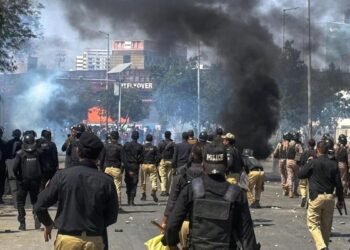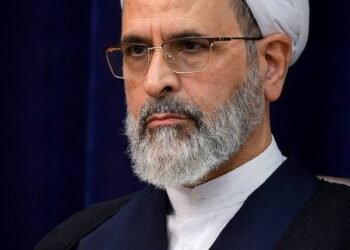By PC Bureau
Chief Justice DY Chandrachud concluded his final working day on Friday, wrapping up a transformative two-year term as India’s top judge. He officially retires on Sunday, passing the baton to Justice Sanjiv Khanna.
Justice Chandrachud’s last working day was marked by a major ruling: in a 4:3 verdict, his Constitution bench overturned a 1967 judgment that had denied minority status to Aligarh Muslim University, though it left the final decision on this issue to a separate three-judge panel.
Also Read: CJI Chandrachud Bids Farewell, Leaving Legacy of Judicial Progress
Key Judgments During His Tenure:
- Electoral Bonds: Ahead of the Lok Sabha elections, Justice Chandrachud’s bench struck down the Electoral Bonds scheme, calling it unconstitutional and ordering the State Bank of India to stop issuing bonds immediately.
- Private Property Rights: An eight-judge majority ruled that not all private properties qualify as community resources for state takeover under Article 39B, safeguarding individual ownership rights.
- Article 370: In December, his bench upheld the removal of Jammu and Kashmir’s special status, while urging for early statehood restoration and timely elections.
- Same-Sex Marriage: The Supreme Court refused to legally recognize same-sex marriage, deferring the issue to the legislature but urging government action on rights for queer couples.
- Assam Accord and Section 6A: In a key citizenship ruling, a 4:1 majority upheld Section 6A of the Citizenship Act, protecting citizenship for Bangladeshi refugees arriving before 1971.
- Prison Reforms: The court banned caste-based discrimination in prisons, asking the Centre and states to amend discriminatory rules within three months.
- UP Madrasa Law: Upholding the validity of a 2004 law regulating madrasas in Uttar Pradesh, the court ruled that educational standards oversight does not infringe on religious autonomy.
- NEET-UG Exam: The bench rejected calls for a re-exam after a paper leak, citing insufficient evidence of systemic malpractice.
- Immunity for Legislators: In March, the court ruled MPs and MLAs cannot claim immunity from prosecution for accepting bribes related to legislative actions.
- Child Marriage: Justice Chandrachud’s bench issued directives for implementing the Prohibition of Child Marriage Act, emphasizing that early marriage deprives children of their autonomy and well-being.
Justice Chandrachud’s tenure has been marked by progressive rulings that leave a lasting impact on Indian jurisprudence, from constitutional rights to social justice and judicial reforms.













